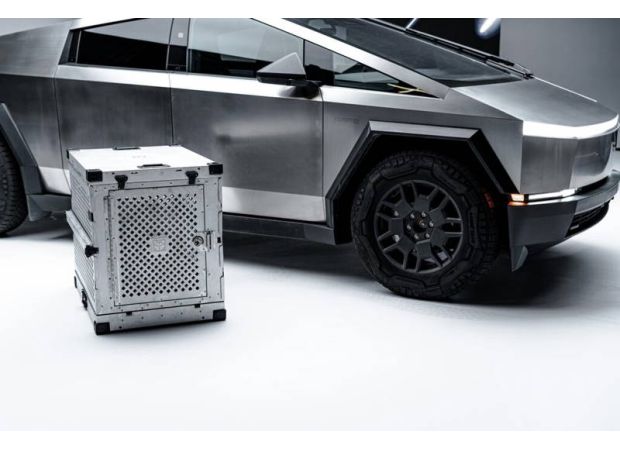Matthew Livelsberger has been named as the suspected driver of the Cybertruck that exploded at Trump Hotel.
Experts say Cybertruck contained blast, mostly directed upwards from roof, saving building from further harm.

Experts say Cybertruck contained blast, mostly directed upwards from roof, saving building from further harm.


